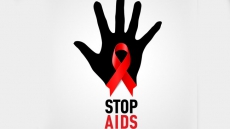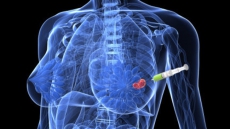Suffering from kidney stones? Well, stop gulping down beer after beer or other drinks to pass it out and prepare yourself for better action between the sheets tonight.
According to a significant research from the Clinic of Ankara Training and Research Hospital in Ankara, Turkey and others, having sex at least three to four times a week can help ease the spontaneous passage of kidney stones.
To reach this conclusion, the team split 75 participants into three groups. The first group was asked to have sex at least three to four times per week.
The second group was administered tamsulosin (a drug commonly used to improve urination in men with enlarged prostate) and a third group received the standard medical treatment for kidney stones.
Two weeks later, the researchers found that 26 of the 31 participants from the sex group were able to pass their kidney stones.
Meanwhile, only 10 of the 21 participants from the tamsulosin group and eight of the 23 participants from the standard medical treatment group successfully passed their stones.
The average stone expelled by participants was measured at 4.7 millimeters (mm), medicaldaily.com reported.
“Our results have indicated that patients who have small kidney stones (less than 6 mm) and a sexual partner may be advised to have sexual intercourse three-four times a week to increase the probability of spontaneous passage of the stones,” the authors explained.
The study, titled “Can Sexual Intercourse Be an Alternative Therapy for Distal Ureteral Stones?” appeared in the journal Urology.
A recent study published in the journal Annals of Emergency Medicine found that patients who were given tamsulosin successfully passed big stones.





